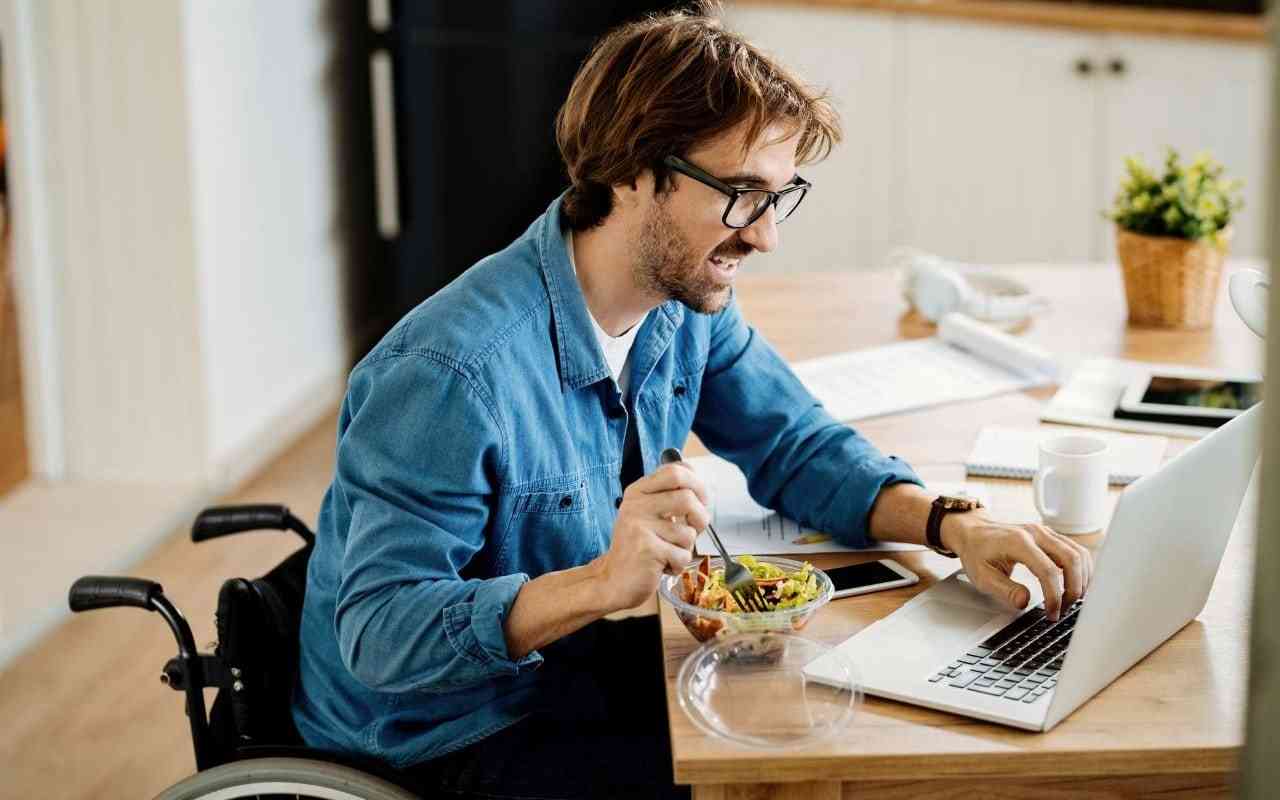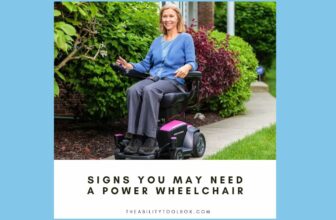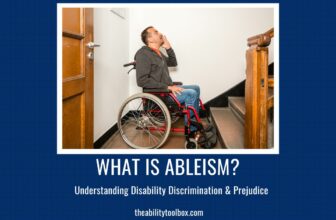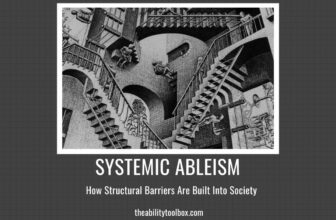
When I was a kid, I was absolutely terrified of Oompa Loompas. Even the slightest whiff of them made me want to stick a finger in my own eyeball. That creepy song they sing as they cart off those misbehaving children to some undisclosed location? It kept me awake at night counting all of the different ways I might die. Yeah, those orange-faced, green-haired guys from Willy Wonka and the Chocolate Factory were scarier to me than Cujo. But despite my irrational but very intense fear, I’ve seen that movie at least 10 times.
Why would I put myself through such torture, you ask? No, I wasn’t just a little masochist. Nor was I an Aubrey Plaza type who gets a sick pleasure from being creeped out. I’m a scaredy cat through and through and always will be.
I’ve watched my least favorite movie so many times because for most of my life, I didn’t know how to say no. If my sister was in need of a Gene Wilder fix on family movie night, I didn’t complain. If a friend insisted we watch it at a slumber party, I said nothing. I didn’t mention my crushing Oompa Loompa anxiety. I just powered through it and tried not to cry.
In 2007, you probably could have asked me to lick a public toilet seat and I would have said yes. The word “boundaries” wasn’t a part of my vocabulary. I was accommodating. I was friendly. I was desperate for social approval. I wanted people to like me. And in my (admittedly immature) mind, standing up for myself was a guaranteed way to make sure I was ostracized forever.
Of course, this inability to use my voice didn’t just apply to movie choices. It was my defining characteristic. When I desperately needed help with high school chemistry, I made no effort to ask for it. I sacrificed an A in that class because I was too afraid to speak up. I spent two years saying yes to my ex-boyfriend’s every whim, even if it meant quitting the school newspaper to spend more time with him. If I made my feelings known, he’d dump me, right?
Wrong!
Maybe. There’s no way of knowing what would have happened in that specific instance. But at 29 years old, I can say with absolute certainty that standing up for yourself is essential and doesn’t always end in the catastrophic way you assume it will.
This might sound obvious to you, but it took getting diagnosed with celiac disease for me to come to this conclusion.
After years of being sick all the time, my doctors finally figured out the problem when I was 19 years old. All of my chronic health issues stemmed from a tiny protein called gluten that is found in wheat, barley, and rye. When I eat anything that contains gluten, my body attacks itself. My intestines can suffer damage that takes months or years to heal. It can even cause cancer if left untreated. But the only treatment for celiac disease is an entirely gluten-free diet. Eating even a crumb of gluten has real consequences.
When I was diagnosed, my intestines were so damaged that I was forced to eliminate more than just gluten from my diet. It also meant no more eggs, dairy, soy, or corn until my body was prepared to tolerate them. As a sophomore in college, I was subsisting on Domino's pizza, dining hall sandwiches, and beer (all of which contain gluten). It was a huge shock to both my mind and body.
For the first few months after my diagnosis, I developed extremely disordered eating habits because I was simply too afraid to ask for help. The dining hall didn’t provide many safe options for me, and I didn’t mention it to anyone. I thought that eating nothing was better than eating something that would harm my insides. So I stopped going to the dining hall. I ate Chex cereal in my dorm room and cried constantly. I started to lose weight, and people around me noticed. I claimed I was fine, but, of course, I wasn’t.
Eventually, my disordered eating became a real problem. I started missing periods and losing hair. I was a miserable wreck because I didn’t want to burden anyone with my very legitimate medical problems. I was willing to sacrifice my health because I didn’t want to bother school officials who could have given me access to safe food options.
Once it was clear that my methods were no longer sustainable, I began going back to the dining hall. I was still not eating properly — mostly salads, bananas, and a whole lot of black coffee. When I did indulge in a “real meal” I never asked the staff if there was a risk of cross-contamination, so I still got sick more often than not.
The moment I realized that I was in trouble was during Thanksgiving break of my junior year. The night I arrived home, my Mom fed me a bowl of soup that made me so sick I was on the toilet for three hours. I was bedridden and achy for the entire long weekend and missed out on all of our family holiday traditions. And I couldn’t even stomach a single bite of turkey.
That weekend, it finally dawned on me that it was entirely my own fault. If I had spoken up, I would have been able to enjoy a nice holiday with my family. When my Mom was making the soup, I considered asking her about the ingredients she was using but chose not to. I truly believed that she’d be angry if I brought it up. It felt like asking meant I was accusing her of not caring about my health. Of course, this was completely untrue. She was beside herself when she found out she’d made me sick. And I felt pathetic for being too scared to say anything.
I decided that I was going to use my voice from then on. It just wasn’t worth missing out on a comfortable, healthy life simply because I was too chicken to talk to a dining hall manager about their preparation methods. I was done being passive. I was done being accommodating. I had to stop caring about being a burden to other people. I had no choice because my health and my sanity were on the line.
It took some adjustment, and a few more accidental gluten-ings to really set me straight. But 10 years later, I have no problem asking the host of a dinner party to send me a list of the dishes and their ingredients. I don’t even bat an eye when I have to explain to a date that I can only eat at certain restaurants. If someone tries to kiss me after drinking a beer, I politely decline. It’s all second nature to me now.
The best part?
This confidence has spilled over into every part of my life. Asking for raises that I know I deserve. Trying stand-up comedy for the first time. Loudly advocating for abortion rights without fear of pushback. Saying no when someone suggests I lick a public toilet seat.
Having celiac disease can be one hell of a disaster, but I can’t help but be grateful for it sometimes. If I wasn’t forced to say no, if I wasn’t forced to speak up on behalf of my health, I probably wouldn’t have anywhere near the amount of self-esteem I have today. Maybe I’d still be sitting through monthly screenings of Willy Wonka and the Chocolate Factory. So thank you, celiac, for sparing me the horror.
Image by voyagerix via Deposit Photos










